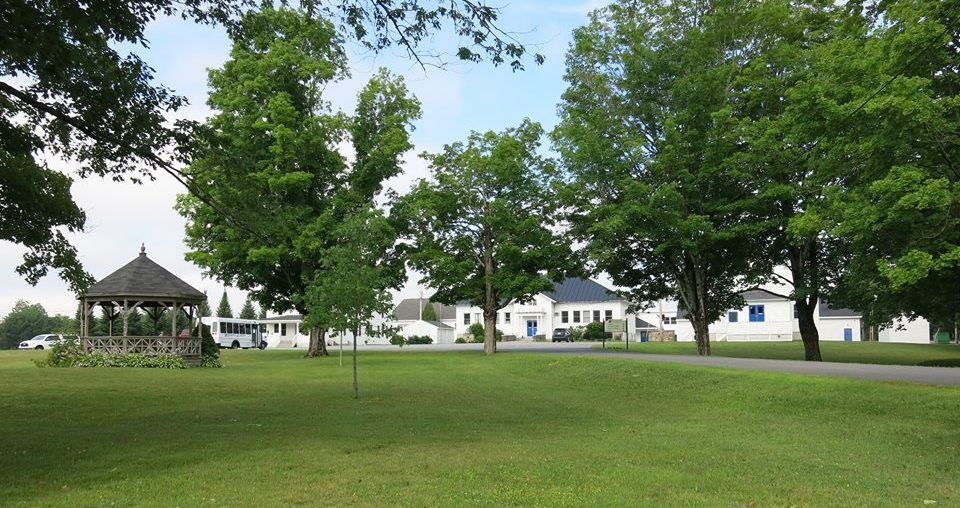
(photo credit: Erskine Academy)
Grade 12
High Honors: Brooke Allen, Philip Allen, Isabella Bishop, Abbygail Blair, Everett Blair, Jane Blanchard, Christopher Bourdon, Nomi Bouwens, Samantha Box, Trevor Brockway, Ethan Cates, Anthony Chessa, Ashley Clavette, Joleigh Crockett, Cody Devaney, Jacob Devaney, Amelia Evans, Addison Gamage, Margaret Gamage, Avril Goodman, Avery Henningsen, Nathan Howell, Emma Hutchinson, Delaney Ireland, Madyx Kennedy, Kaylah Kronillis, Sierra LaCroix, Isabela Libby, Colby Lloyd, Emily Lowther, Chiara Mahoney, Jonathan Martinez, Michael Nicholas III, Ian Oliphant, Brian Ouellette Jr, Olive Padgett, Courtney Paine, Annaliese Patterson, Aiden Pettengill, Anna Pfleging, Sydni Plummer, Harry Rabideau, Kristin Ray, Allison Roddy, Joshua Tobey, Mollie Wilson, and Dylan Wing.
Honors: Mara Adams, Nicholas Barber, Paris Bedsaul, Rylee Bellemare, Johnathan Blair, David Bourgoin, Hailey Brooks, Eleanor Brown, Zoe Butler, Joshua Cowing, Nolan Cowing, Abigail Dumas, Phillips Gidney, Hailey Haskell, Braydon Hinds, Paeshance-Rae Horan, Bryan Joslyn Jr, Keith Knowles, Marina Lavadinho, Logan Lee, Joanna Linscott, Eva Malcolm, Hailey Mayo, Isaiah Michaud, Gavin Mills, Daniel Page, Isabella Parlin, Hayden Rowe, Hailey Sanborn, Paul Slimm, Hunter St. Jarre, Aarick Staples, Riley Sullivan, Logan Tenney, Jackson Tirrell, and Samuel York.
Grade 11
High Honors: Isaac Baker, Julia Barber, Maylien Beermann, Jacob Bentley, Autumn Boody, Lilian Bray, Emily Clark, Liberty Crockett, Gugliemi De, Isabella DeRose, Kaden Doughty, Abigail Dutton, Emma Fortin, Josette Gilman, Samantha Golden, Grace Hodgkin, Emma Jefferson, Grace Kelso, Tanner Klasson, Mallory Landry, Aidan Larrabee, Shawn Libby, David Martinez-Gosselin, Calvin Mason, Abigail Peaslee, Devon Polley, Sarah Praul, Letizia Rasch, Paige Reed, Riley Reitchel, Parker Reynolds, Mackenzie Roderick, Abbey Searles, Andrew Shaw, Hannah Soule, Hannah Strout-Gordon, and Lily Vinci.
Honors: Elliott Atwood, Alana Beggs, Gabriella Berto-Blagdon, Jack Blais, Evan Butler, Jasmine Crommett, Colby Cunningham, Luke Desmond, Alexander Drolet, Chase Folsom, Wyatt French, Ciera Hamar, Trace Harris, Larissa Haskell, Isaac Hayden, Timothy Hinckley, Hannah Huff, Rachel Huntoon, Taidhgin Kimball, Lili Lefebvre, Madison Lully, Hunter Marr, Wes McGlew, Kaden McIntyre, Christian Moon, Rebecca Morton, Adam Ochs, Brady O’Connor, Kaden Plourde, Lilly Potter, Julian Reight, Ely Rideout, Kadince Rideout, Shawn Searles, Natalie Spearin, Lily Thompson, and Emily York.
Grade 10
High Honors: Carson Appel, Andrew Bentley, Abigail Beyor, Eve Boatright, Angel Bonilla, Katherine Bourdon, Breckon Davidson, Nicole DeMerchant, Lillian Dorval, MaKayla Gagnon, Loralei Gilley, Alivia Gower, Cooper Grondin, Elizabeth Hardy, Grady Hotham, Grace Hutchins, Olivia Hutchinson, Hallie Jackson, Beck Jorgensen, Kaiden Kelley, Meadow Laflamme, Dale Lapointe, Dinah Lemelin, Brenden Levesque, Malachi Lowery, Lily Matthews, River Meader, Nabila Meity, Angelina Ochoa, Timber Parlin, Kayla Peaslee, Jonathan Peil, Gabriel Pelletier, Casey Petty, Kathleen Pfleging, Sophia Pilotte, Kaden Porter, Ingrid Ramberg, Alexis Rancourt, Cadence Rau, Samantha Reynolds, Ally Rodrigue, Noah Rushing, Emmalee Sanborn, Aidan Tirrell, Mackenzie Toner, Emma Tyler, Lauren Tyler, Katherine Williams, and Damon Wilson.
Honors: Hailey Acedo-Worthing, John Allen, Molly Anderson, Zane Boulet, Samuel Boynton, Alexis Buotte, Emma Charest, Nicholas Choate, Courtney Cowing, Kayleen Crandall, Elijah Crockett II, Tianna Cunningham, Grace Ellis, Jacob Evans, Myra Evans, Hailey Farrar, Alyssa Gagne, Brianna Gardner, Reiana Gonzalez, Carson Grass, Ronald Haskell Jr, Kassidy Hopper, Acadia Kelley, Casey Kirkpatrick, Matthew Knowles, Emmet Lani-Caputo, Zephyr Lani-Caputo, Joseph Lemelin, Gwen Lockhart, Emily Majewski, Brady Mayberry, Brooklyn McCue, Gage Moody, Ethan Ouellette, Ezra Padgett, Maddison Paquet, Angelyn Paradis, Hannah Patterson, Michael Perez, Karen Potter, Sarah Robinson, Jarell Sandoval, Sophie Steeves, Daniel Stillman, Emma Stred, Jacob Sullivan, Paige Sutter, Hannah Toner, Colby Willey, and Joseph Wing.
Grade 9
High Honors: Abigail Adams, Isabella Boudreau, Robin Boynton, Elizabeth Brown, Kaleb Brown, Nolan Burgess, Eva Carlezon, Makayla Chabot, Elise Choate, Brielle Crommett, Noah Crummett, Hailey Estes, Ciara Fickett, Kaylee Fyfe, Caleb Gay, Nathan Hall, Tara Hanley, Stephanie Kumnick, Mackenzie Kutniewski, Sydney Laird, Kiley Lee, Aidan Maguire, Richard Mahoney III, Alexia McDonald, Holden McKenney, Austin Nicholas, Jazel Nichols, Jeremy Parker, Nathan Polley, Keith Radonis, Shae Rodrigue, Giacomo Smith, Kinsey Stevens, Lara Stinchfield, and Reese Sullivan.
Honors: Tristan Anderson, Austin Armstrong, Duncan Bailey, Lyla Bailey, Leah Bonner, Heather Bourgoin, Nathalia Carrasco, Timothy Christiansen, Simon Clark, Connor Coull, Thomas Crawford, Caleigh Crocker, Gavin Cunningham, Keira Deschamps, Hunter Foard, Cole Fortin, Brayden Garland, Aleigha Gooding, Bo Gray, Natalie Henderson, Bella Homstead, Hallee Huff, Kameron Kronillis, Carol Labbe, Logan Lanphier, Sophie Leclerc, Brody Loiko, Jack Lyons, David McCaig, Madison McCausland, Carlos Michaud, Cami Monroe, Royce Nelson, Hannah Oakes, Alejandro Ochoa, Alyssa Ouellette, Remy Pettengill, Evelyn Rousseau, Ryan Tyler, Baruch Wilson, and Brandon Wood.
 by Mary Grow
by Mary Grow



 STUDENT WRITERS PROGRAM
STUDENT WRITERS PROGRAM
